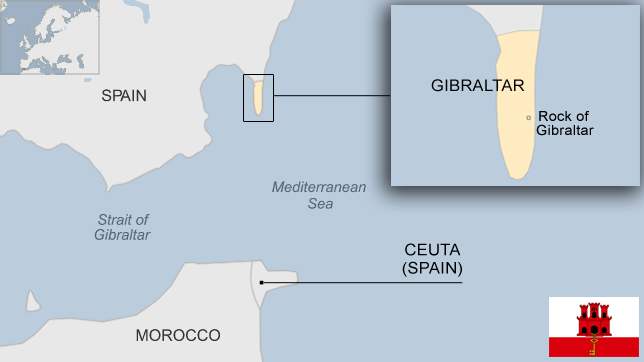Life on the Rock
- Published
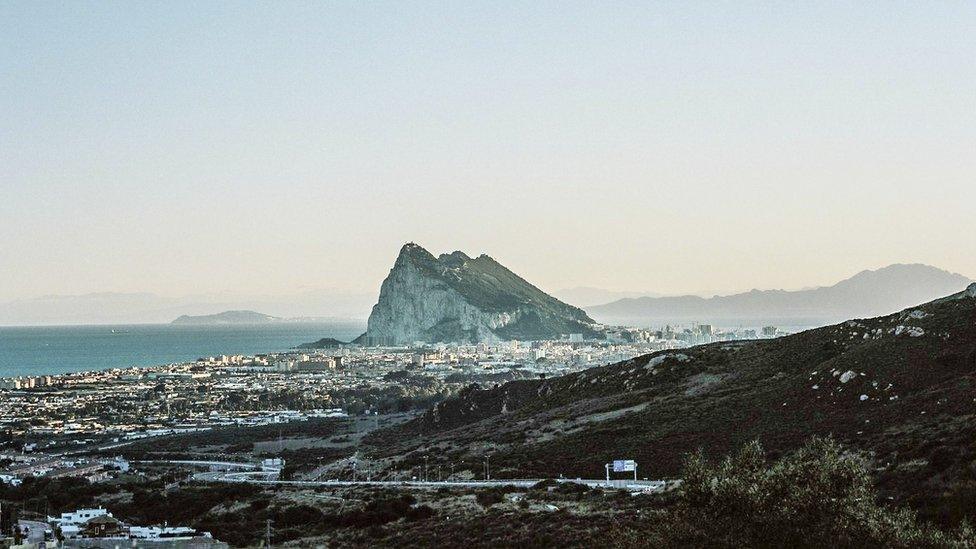
As Brexit draws closer, Gibraltar's shared border with Spain is under scrutiny. Photographer Luke Archer has family living there and so set out to learn more about the place called the Rock. Here he shares his pictures and thoughts on the peninsula in the Mediterranean Sea.
Gibraltarians are proudly British, with more than 90% of them voting to stay that way in referendums in both 1967 and 2002.
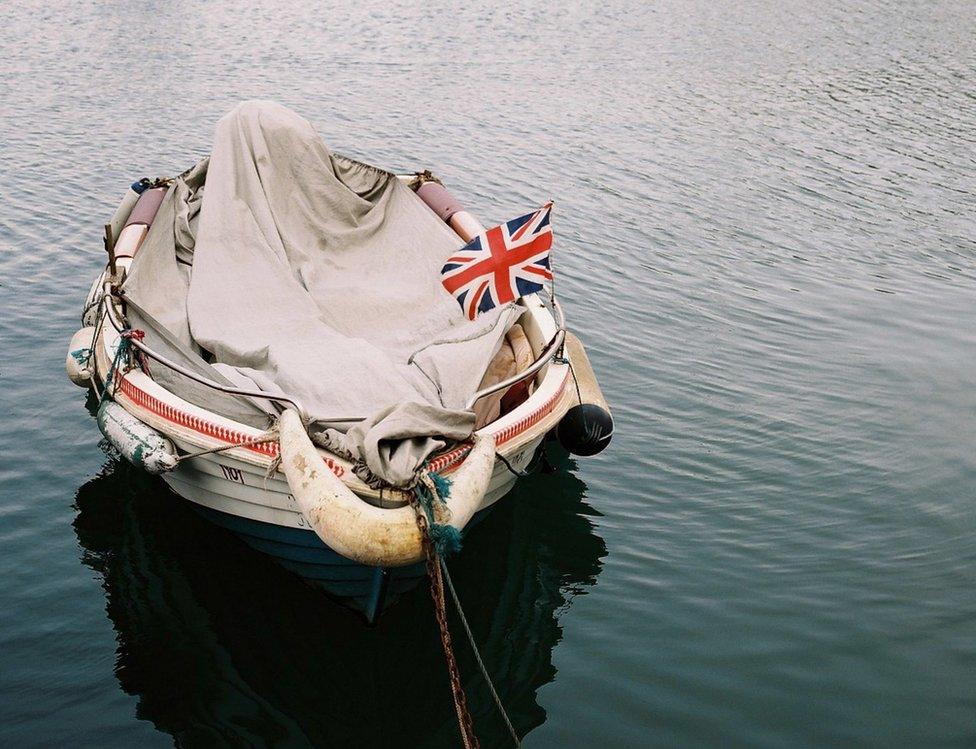
I feel this national pride is often lazily portrayed in the media as "Brits abroad", whereas in fact the reality is far more complicated and, perhaps like many border communities across the world, Gibraltar and Spain have more in common than they would like to admit.
Unlike most of us monolingual Brits, Gibraltarians tend to be fluent in Spanish - the result of the mixed ancestry of many families.
In fact, what is most commonly heard in the street is Llanito - a local dialect that is primarily Spanish but with unique phrasings, spoken in an accent that can only be described as Gibraltarian.
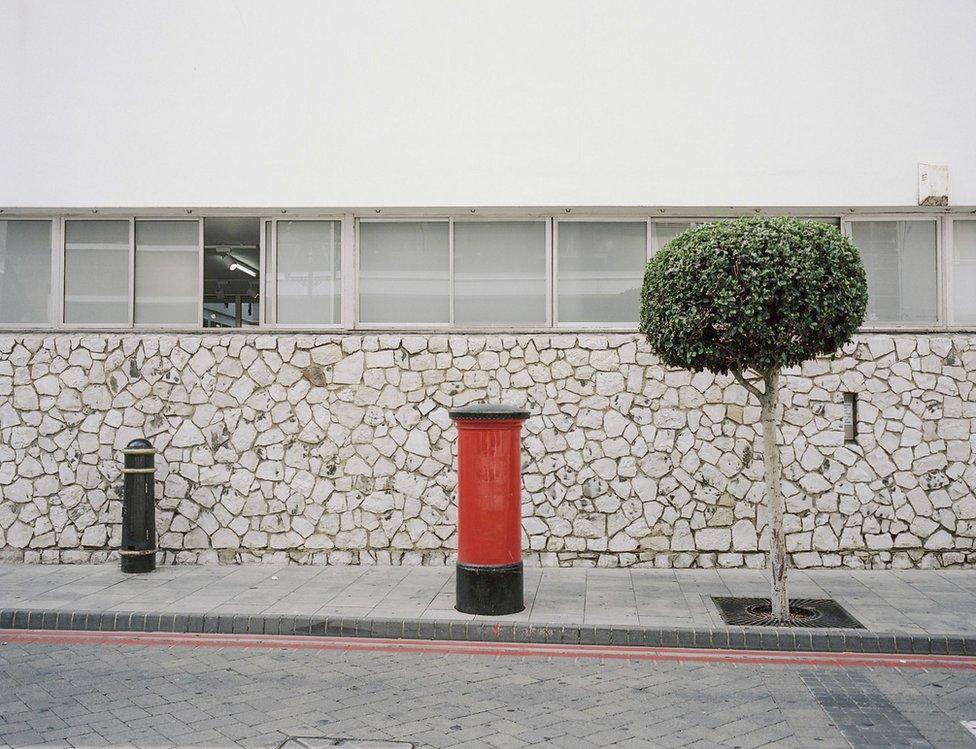
It is not only language where an influence is noticeable. To me, as a Londoner, the Gibraltarian pace of life is certainly more Spanish. People sit outside, say hello to each other in the street and stop and chat.
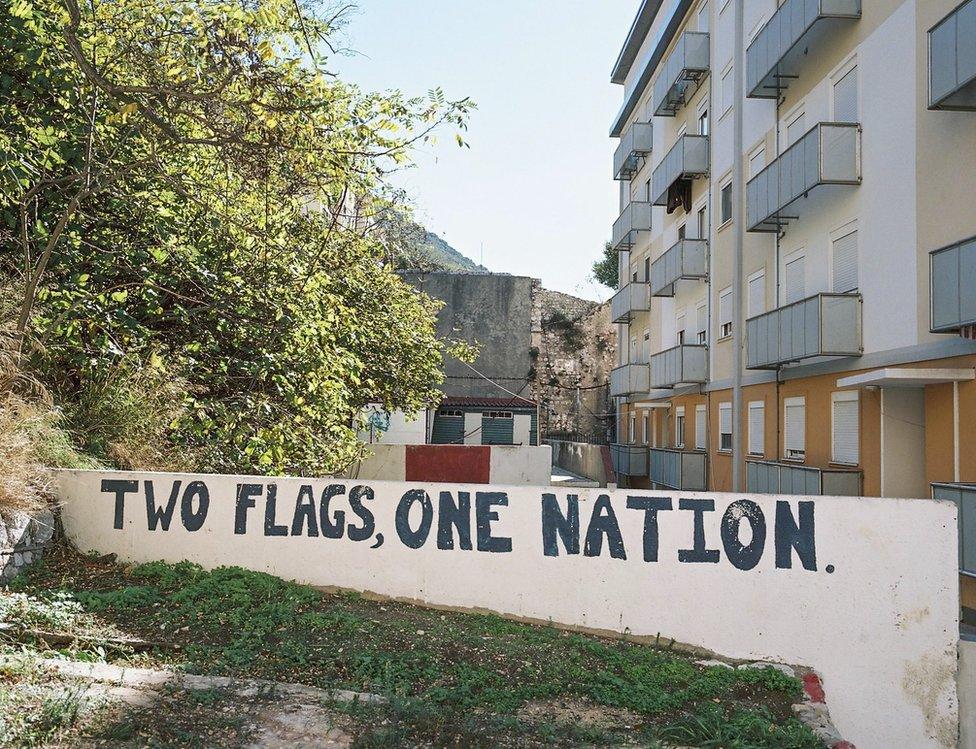
Somebody told me they felt that if the UK enjoyed the same climate as Gibraltar, perhaps the British people would be a bit more relaxed and more "Latin".
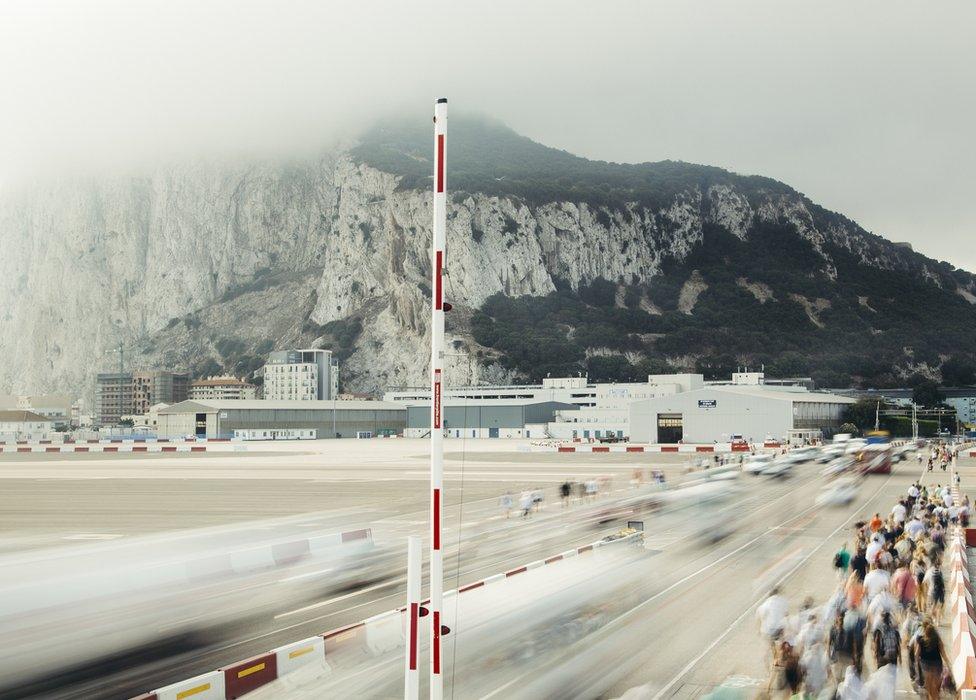
A total of 96% of Gibraltarians who took part in the Brexit referendum voted Remain and, although they are clearly facing a result they did not want, some told me they feel it is out of their control, so better not to worry.
Most suspect an agreement on the border will be reached because, with thousands of Spanish workers crossing over each day, there is too much at stake for both sides.
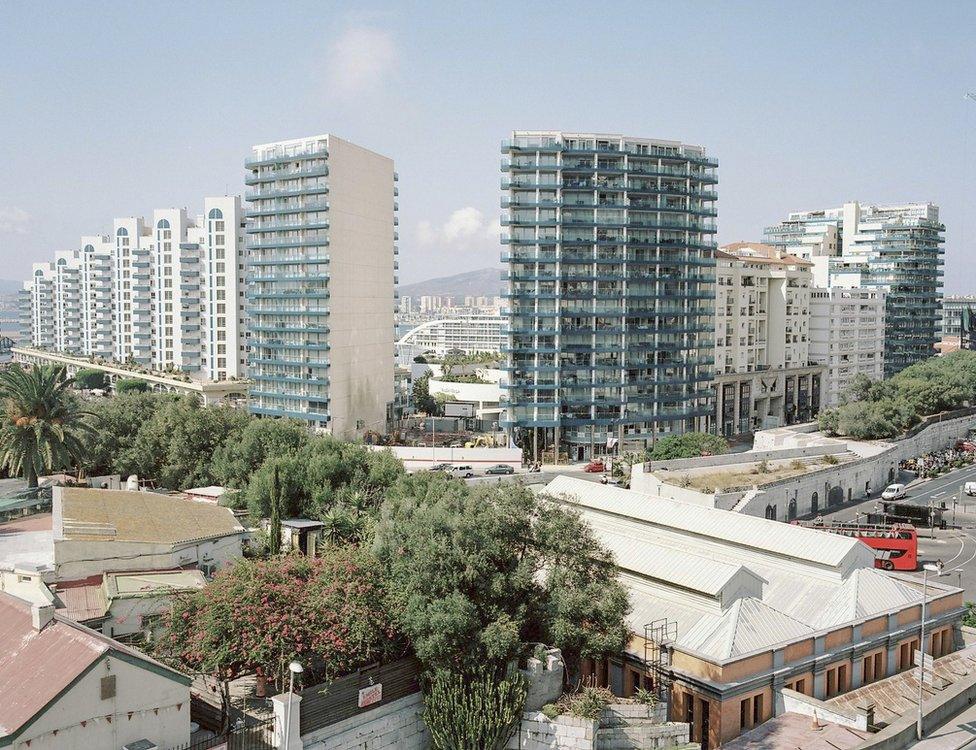
I thought because Gibraltar is so small, it would be easy to document it in its entirety, but in fact I have barely scratched the surface. Who knew that such a small location had so much history and so many stories to tell?
I have made a good start in certain areas of interest, including its military history and religious diversity.
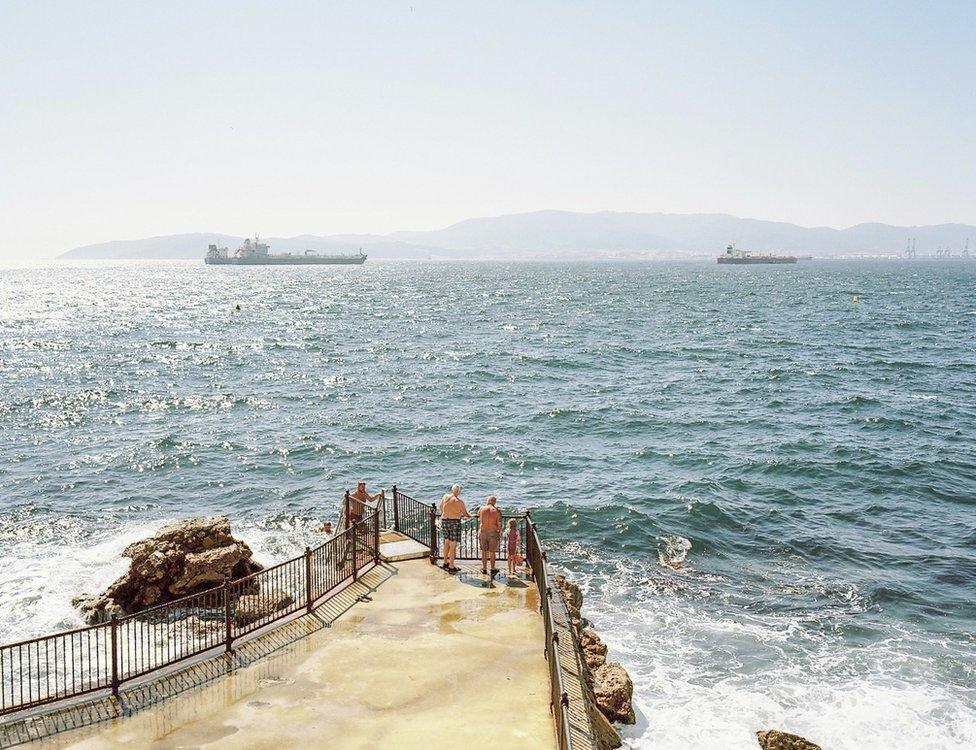
The Rock's strategic location and its naval facilities have played a key role in some of the UK's international conflicts. In his recent book, Defending the Rock, writer Nicholas Rankin claims that Hitler lost World War Two by failing to capture Gibraltar. Ironically, it was Franco's hesitance to get involved in the conflict that contributed to keeping Gibraltar safe.
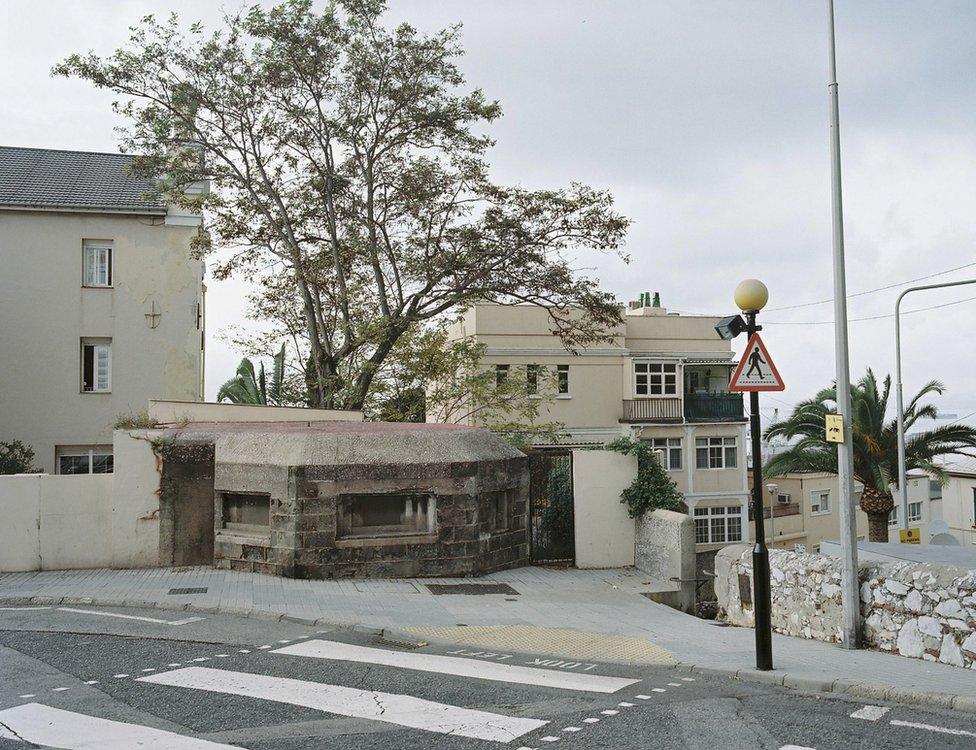
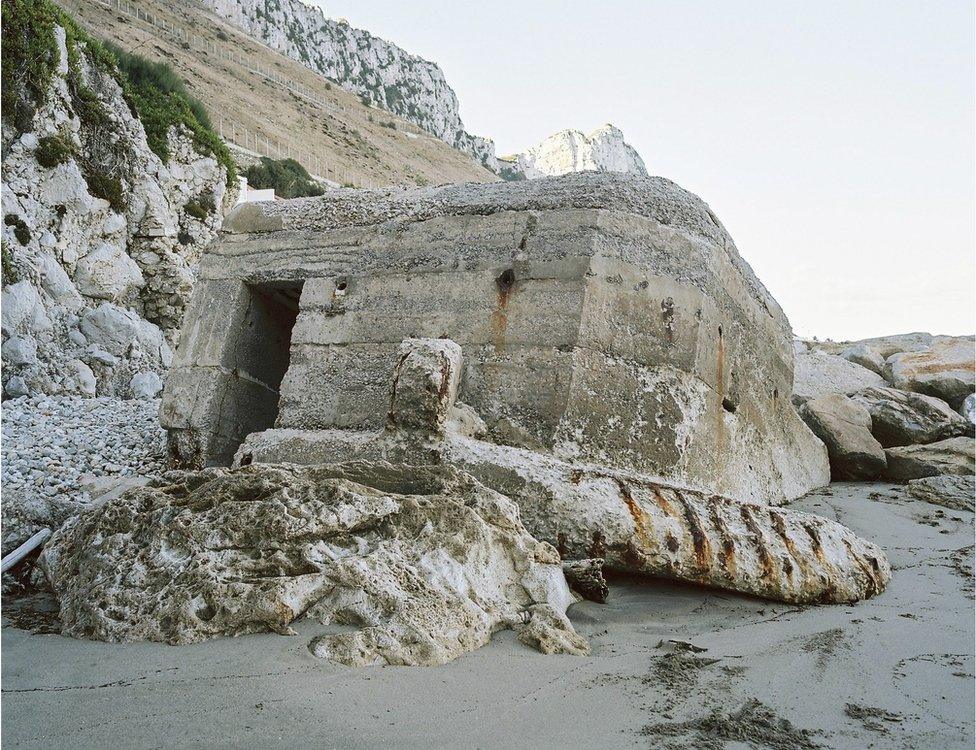
As the British Empire crumbled after World War Two, and the UN pushed for decolonisation, Gibraltar remained under British sovereignty. Spain objects to UK jurisdiction over the territory, but Gibraltarians have rejected a proposal for shared Spanish-UK sovereignty.
This does not make it a relic. Despite its isolated location, it shares similar ideals to the rest of the modern UK as a multicultural and diverse nation that has welcomed others, regardless of faith or race.
This is perhaps where Gibraltar mirrors the Britain I know. Improvements can always be made but, for the most part, everyone lives side by side, respectful of each other's religions and customs.
While the fish and chips, red telephone boxes and pints might keep the cruise ship tourists happy, there is much more to this lump of limestone than meets the eye.
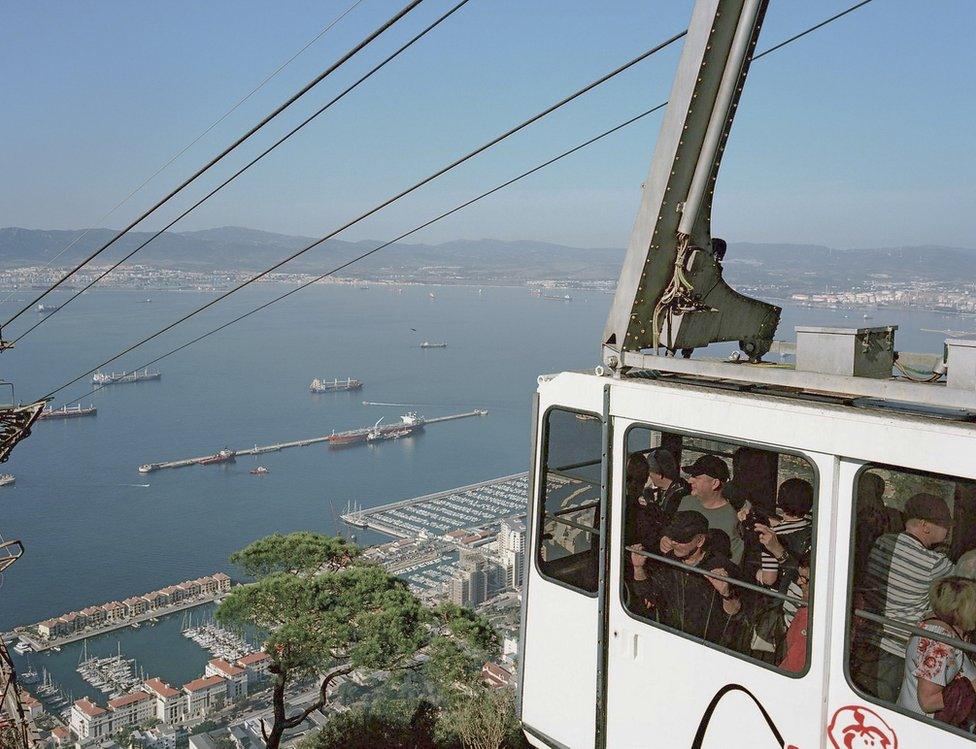
All photographs by Luke Archer
- Published19 May 2023
